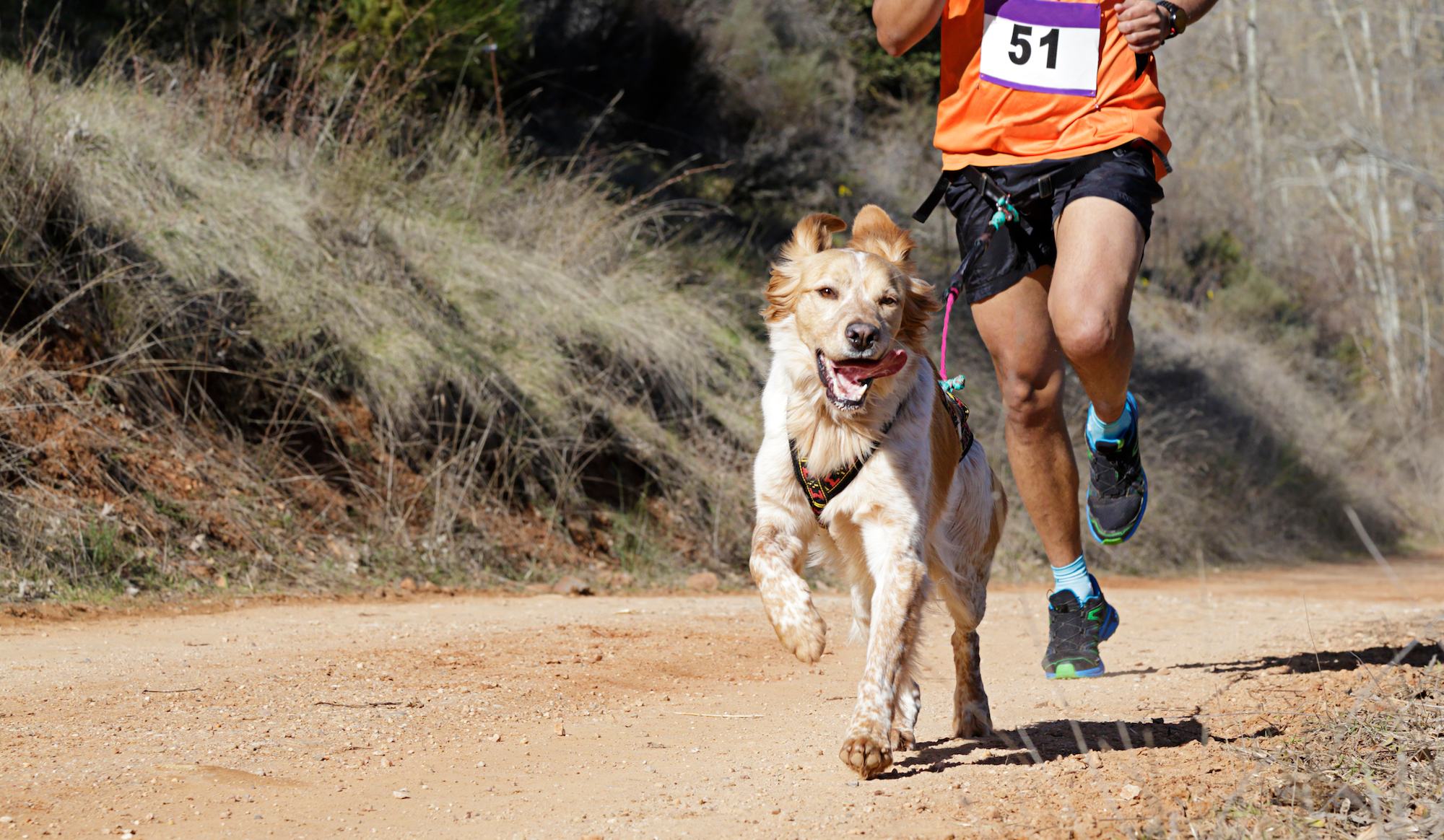Dogs Play
Dog
Introduction: Dogs, known for their boundless energy and playful nature, bring immeasurable joy to our lives. The act of play is not only a source of entertainment for our furry friends but also serves as a vital component of their overall well-being. In this essay, we delve into the delightful world of dogs at play, exploring the importance of playtime, different play behaviors, and the benefits it brings to both dogs and their human companions.
The Importance of Play for Dogs: Play is an instinctive behavior in dogs, serving multiple purposes in their lives. It allows them to express themselves, release excess energy, and engage in social interactions. Playtime is essential for their physical health, mental stimulation, and emotional balance. Through play, dogs can learn vital social skills, improve their problem-solving abilities, and strengthen the bond with their human caregivers.
Types of Play Behaviors: Dogs engage in a wide array of play behaviors, each with its unique characteristics. Chase games, fetch, tug-of-war, and wrestling are among the most common forms of play observed in dogs. These activities provide them with opportunities to display their natural hunting, herding, and retrieving instincts. Additionally, interactive toys and puzzles can stimulate their cognitive abilities and keep them mentally sharp.
Benefits of Play for Dogs: Play has numerous benefits for dogs, both physically and mentally. Regular play sessions help maintain their overall fitness and weight management, reducing the risk of obesity and related health issues. Engaging in play also alleviates boredom, anxiety, and destructive behaviors that may arise from a lack of mental stimulation. Moreover, play strengthens the bond between dogs and their owners, fostering a relationship built on trust, love, and mutual enjoyment.
Interactive Play with Humans: Playtime with humans holds a special place in a dog's life. It not only provides them with the opportunity for physical exercise but also enhances their social skills and reinforces obedience training. Interactive games like fetch or hide-and-seek create positive associations with their human companions and promote a sense of joy and fulfillment. These play sessions strengthen the emotional connection and contribute to a happy and well-adjusted canine companion.
Social Play with Other Dogs: Play with fellow canines is an essential aspect of a dog's socialization and development. Dog parks, daycare centers, and organized playdates offer opportunities for dogs to engage in social play. These interactions provide vital lessons in communication, body language interpretation, and appropriate play behavior. Social play allows dogs to build confidence, learn boundaries, and develop valuable social skills necessary for harmonious interactions with other dogs.
Play as Enrichment: Play serves as a form of enrichment for dogs, stimulating their minds and preventing boredom. Providing a variety of toys, puzzles, and interactive games engages their senses and keeps them mentally stimulated. These activities tap into their problem-solving abilities, keeping their minds sharp and enhancing their overall well-being. Enrichment through play is particularly crucial for dogs that spend extended periods alone or in confined spaces.
Safety and Supervision: While play is essential for dogs, it is crucial to ensure their safety during playtime. Providing a safe and secure environment, free from hazards, is paramount. Supervision is key to prevent any potential accidents or conflicts between dogs. It is important to choose appropriate toys and ensure they are in good condition, as well as monitor the intensity of play to avoid any injuries or overwhelming experiences for the dogs involved.
Conclusion: Play is an integral part of a dog's life, bringing joy, fulfillment, and numerous benefits. Whether engaging in interactive play with humans or socializing with fellow canines, playtime contributes to a dog's physical health, mental stimulation, and emotional well-being. As responsible pet owners




